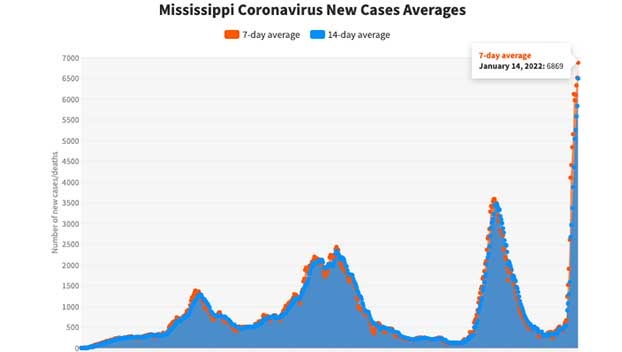Opinion: Supervisor found to be felon must repay illegally gained salary
Published 9:15 am Monday, May 13, 2019
For more than 40 years, Holmes County politico Eddie Carthan has played the racial victimization card. He has repeatedly claimed that he was framed by authorities because he challenged the white power structure in the predominantly black county.
He said all the charges against him over the years have been bogus, including the two crimes — one state, one federal — for which he was convicted.
He will play the victimization card again with the demand of State Auditor Shad White that Carthan repay more than $184,000 he has drawn in salary over the past 3½ years as a Holmes County supervisor.
Carthan told a Jackson reporter that he was “surprised and shocked” to receive the demand letter last month from White.
He shouldn’t have been.
Carthan is serving in an office that he won illegally, according to not just White but the Attorney General’s Office, which forwarded the case to the state auditor for pursuit. Under Mississippi law, Carthan should have been disqualified from running for supervisor in 2015 had he accurately completed the qualifying paperwork. It asks whether a candidate has been convicted of a disqualifying felony, to which Carthan incorrectly answered no, according to the state auditor.
Whether the error was intentional or accidental, it doesn’t matter. The correct answer was “yes,” as Carthan was convicted almost 40 years ago of assaulting a police officer. Even though he served less than a year of the three-year sentence for that crime, the conviction apparently has never been expunged.
Had the Holmes County election commissioners had the correct information at the time Carthan qualified in 2015, they would have had to either reject his candidacy or risk being responsible for the salary he drew after winning the election.
As it stands, only Carthan is on the hook, as he was both responsible for the illegal expenditure of public funds and the recipient of those funds.
The authorities should pursue him until he pays the money back.
This editorial was originally published in the Greenwood Commonwealth newspaper.






